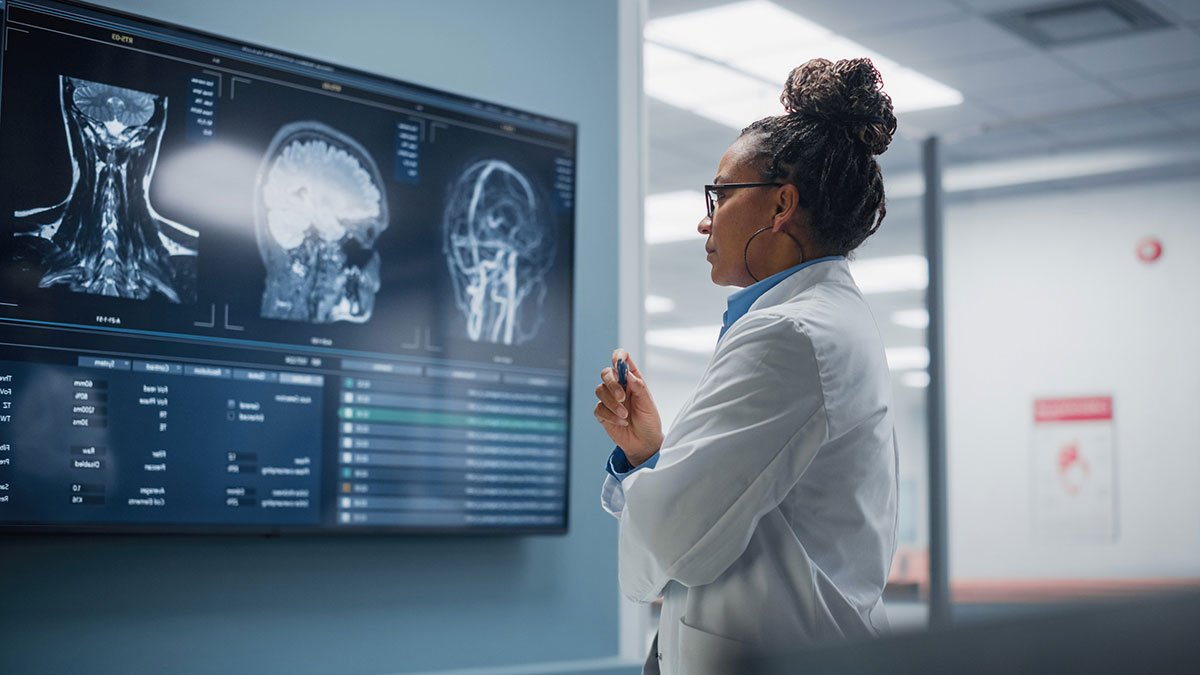Argenica’s ARG-007 shows promise in treating traumatic brain injury

Pic: Getty Images
Argenica Therapeutics has announced promising results from a preclinical study for ARG-007, giving hope for the treatment of traumatic brain injury.
Argenica Therapeutics (ASX:AGN) has revealed that a preclinical study assessing the efficacy of its lead neuroprotective peptide candidate ARG-007 in a rat model of moderate traumatic brain injury (modTBI) has shown encouraging results.
AGN is developing novel therapeutics to reduce brain tissue death after stroke and other types of brain injury, along with neurodegenerative diseases to improve patient outcomes.
The preclinical study, undertaken in the laboratory of Professor Lindy Fitzgerald at Curtin University and the Perron Institute for Neurological and Translational Sciences, assessed the therapeutic potential of ARG-007 in protecting brain cell (neuron) integrity and resulting behavioural outcomes following modTBI.
The study was conducted in a well-characterised, impact-acceleration rat model of modTBI that results in diffuse injury to brain cells, mimicking an injury sustained during a fall, such as following a king-hit, or in a motor vehicle accident.
ARG-007 was found to protect brain cells in the injured brain by significantly reducing accumulation of proteins that contribute to brain cell injury and death following TBI.
Specifically, it reduced neurofilament heavy protein (NFH) and amyloid precursor protein (APP).
The level of both NFH and APP protein in ARG-007 treated animals was equivalent to animals that had not received a TBI.
Further, ARG-007 significantly reduced inflammation in the brain equivalent to non-injured animals.
Inflammation significant cause of secondary brain injury
Inflammation in the brain following TBI can be a significant cause of secondary brain injury which can last far beyond the acute phase of the initial injury.
Importantly, reduction in protein accumulation and inflammation in ARG-007 treated animals was also associated with significant improvements in key functional behaviours of people with TBI including reduced anxiety, reduced weight loss and improved balance.
AGN MD Dr Liz Dallimore said the company was extremely pleased with the results from its first preclinical study in a moderate TBI animal model.
“The study indicates that injury caused by moderate traumatic brain injury may be limited by the introduction of ARG-007 shortly thereafter, so we are extremely encouraged by this data,” she said.
“We look forward to undertaking further studies, supported by funds provided by our CRC-P grant, to provide greater evidence of ARG-007’s efficacy in TBI before establishing a clinical program of work.”
AGN to progress further preclinical studies
AGN said it will now work with its CRC-P partners Curtin University, the University of Adelaide, AusPep and Connectivity TBI Australia to undertake further preclinical studies assessing the efficacy of ARG-007 in modTBI in ferrets, and repeated dosing following multiple mild-TBIs in rats.
The data will form a comprehensive preclinical package to progress ARG-007 into clinicals trials.
ARG-007 has been successfully demonstrated to improve outcomes in pre-clinical stroke models, traumatic brain injury (TBI) and hypoxic ischaemic encephalopathy (HIE).
AGN previously announced positive results of its Phase 1 trial, confirming ARG-007 is safe, well tolerated and has a favourable pharmacokinetics profile.
This article was developed in collaboration with Argenica therapeutics, a Stockhead advertiser at the time of publishing.
This article does not constitute financial product advice. You should consider obtaining independent advice before making any financial decisions.
Related Topics

UNLOCK INSIGHTS
Discover the untold stories of emerging ASX stocks.
Daily news and expert analysis, it's free to subscribe.
By proceeding, you confirm you understand that we handle personal information in accordance with our Privacy Policy.








